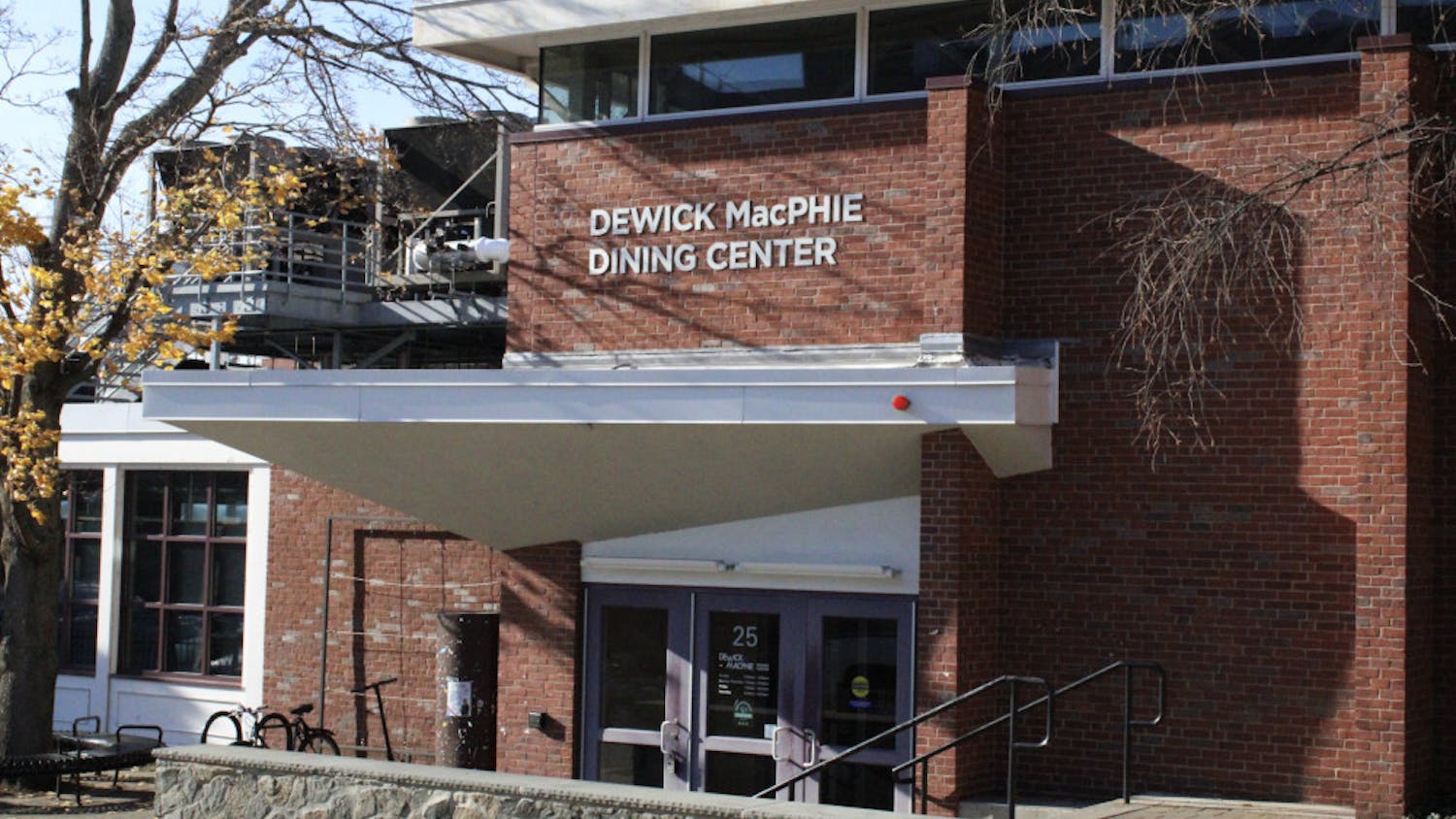On April 4, U.S. District Judge Angel Kelley ordered a permanent injunction on the National Institutes of Health, preventing the cuts on indirect medical research costs from taking effect nationwide. However, four days later, the United States Department of Health and Human Services, which oversees the NIH, filed a Notice of Appeal. The case is now in the Court of Appeals for the First Circuit.
In her order, Kelley stated that the plaintiffs — 22 states and a number of institutions — had shown merits to their claim for injunctive relief. A preliminary injunction was granted on March 3 because the plaintiffs had demonstrated that a 15% indirect cost cap would cause irreparable harm.
The plaintiffs had argued that without an injunction, significant amounts of funding would have to be cut because of the rate change notice. Universities and states would then have to decide what to cut, including current research and staff.
Kelley stated that she found the NIH’s notice was “arbitrary and capricious; failed to follow notice-and-comment procedures; and was impermissibly retroactive.”
She added that the notice had violated Section 224 of the 2024 Further Consolidated Appropriations Act.
The section cited by Kelley states that funds appropriated by the act cannot be used to “develop or implement a modified approach to such provisions.”






